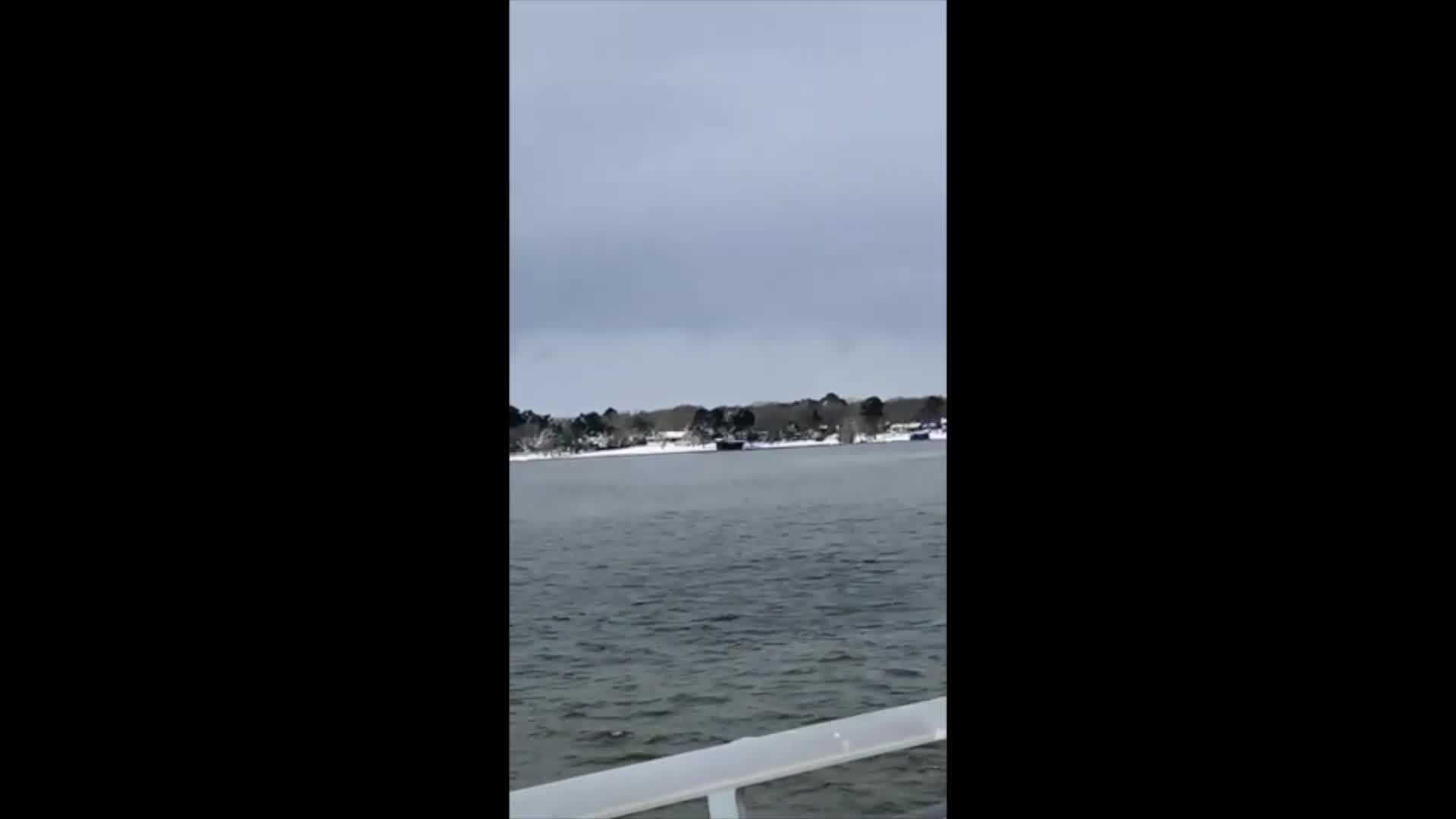Severe winter storms will cause ‘widespread delays’ in COVID-19 vaccine shipments, CDC says
LOS ANGELES - Dangerous winter storms in the United States have caused record subzero temperatures, power outages for millions of homeowners and have led to more than two dozen deaths. The inclement weather is also expected to have a large impact on the shipment and distribution of COVID-19 vaccines, according to the Centers for Disease Control and Prevention (CDC).
"Due to the severe winter weather currently impacting a large swath of the country, the U.S. government is projecting widespread delays in COVID-19 vaccine shipments and deliveries over the next few days," Jasmine Reed, a CDC spokesperson told FOX Television Stations.
Reed says the CDC is working closely with its partners to get the vaccine out to Americans, but the storm conditions facing the nation is likely to impact its swiftness.
RELATED: Record-setting winter storm charges across the US, with 2nd storm on the way"
Shipping partners are working to deliver vaccine where possible, contingent on local conditions, but the adverse weather is expected to continue to impact shipments out of the FedEx facility in Memphis, Tenn., as well as the UPS facility in Louisville, Ken., which serve as vaccine shipping hubs for multiple states," Reed explained.
Winter weather advisories and winter storm warnings are currently in effect for a large portion of the country, including Memphis and Louisville, where the coronavirus vaccines are shipped from.
On Wednesday, the National Weather Service forecasted a high of 26 degrees with a 90 percent chance of snow in Memphis — a city already impacted with snow and icy conditions.
Meanwhile, Louisville is bracing for another round of wintry weather with another 1 to 3 inches of snow expected, according to its local weather service.
RELATED: ‘Major breakdown’ of polar vortex blamed for unusual winter weather around the world
"CDC and federal partners are working closely with the jurisdictions, as well as manufacturing and shipping partners, to assess weather conditions and help mitigate potential delivery delays and cancellations," Reed said.
As of Tuesday, over 71 million doses of the COVID-19 vaccine had been distributed, and over 55 million doses had been administered, but there were already signs of slowdowns amid the wintry weather.
Power outages in Texas forced one county to scramble to get more than 8,000 doses of Moderna’s coronavirus vaccine into arms, while the supermarket chain Publix canceled COVID-19 vaccine appointments in Florida, citing shipment delays.
RELATED: Another winter storm impacts southeast Texas: What you need to know
In addition, Chicago closed all city-operated vaccination and testing sites Tuesday because of the weather and said shipments to the city will be delayed. Chicago could see its tenth consecutive day of snow Wednesday evening, just a day after some parts of the city were walloped by the city’s largest winter this season.
Storms charge across U.S.
Winter storms and a blast of frigid air from the Arctic have left behind record-setting low temperatures and icy conditions across a large swath of the country.
The Pacific Northwest saw rare snow, a major blackout is ongoing in Texas and a tornado tore through a seaside town in North Carolina — leaving at least three people dead.
In Omaha, Nebraska the temperature bottomed out at 23 degrees below zero overnight, the coldest in 25 years. The state is also seeing major power outages.
RELATED: More snow Wednesday, 30-degree temps possible over weekend: NWS
Millions of Texans are also without power amid subfreezing temperatures. The Houston area experienced record-breaking temperatures, which had been set in the early 1900s, during Monday's historic winter storm.
And it’s not over yet. Another storm system will bring significant snowfall, rain and dangerous ice to parts of the South, mid-Atlantic and Northeast through at least Friday.
This system could bring a couple more inches of snow to places like Texas and several more inches to the interior Northeast.




